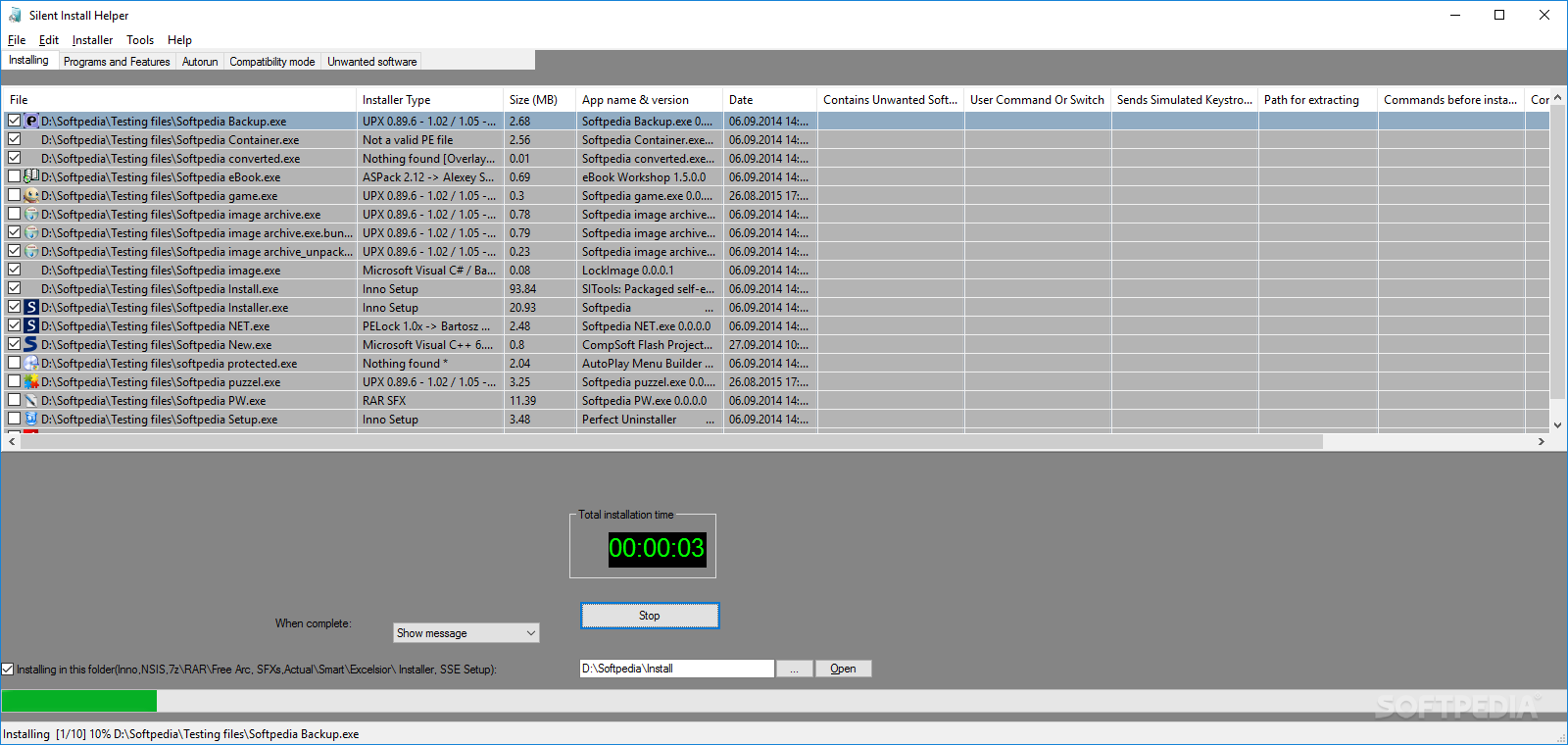

We address this challenge by examining three purposefully selected maximum variation schools that are located in a large Norwegian city. Therefore, we explore the challenges that Norwegian school staff have experienced as they work to ensure inclusive education at three schools.

Literature regarding the gap between the conceptualization of inequality and school staffs’ perception of it in Norwegian schools is scarce. Critically engaging the notion of spatiality, this work is guided by critical race theory, and critical phenomenological approaches. The paper theorises three distinct but related postures of White self-location, and takes up the implications of each for teacher self-identity and engagement with antiracism. Drawing on reflections, interviews, and dinner transcripts, this article sketches a messy typology of these experiences to flesh out connections between White teachers’ racial (dis)engagements with/in race dialogue, and related (dis)engagements with antiracism. The dinners offer a unique look at White experiences of racial spatial disruption. White teachers experienced the dinners as uncomfortable, motivating, and in one case upsetting. The dinners were focused on cross race dialogue. This article explores notions of spatiality, race, and productive disruptions of whiteness focusing on two dinners which were one component of a mixed method study on racism, teaching, and implicit race bias with secondary teachers in Toronto, Canada.


 0 kommentar(er)
0 kommentar(er)
